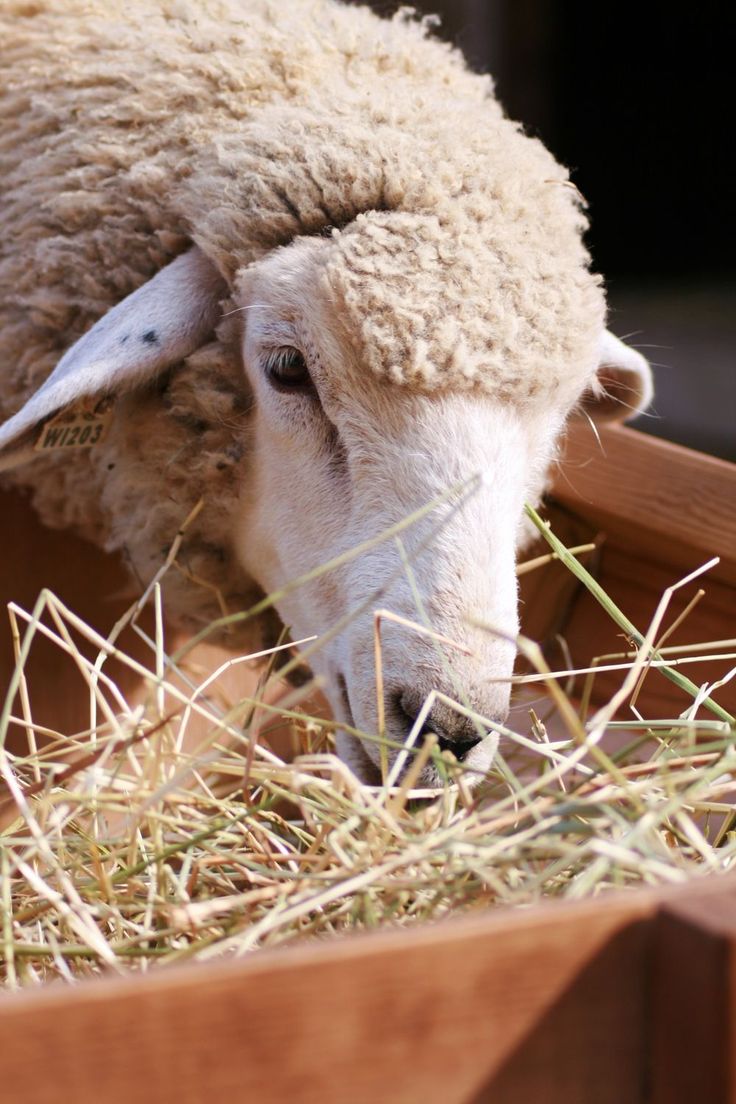Maintaining the health of your sheep flock is vital for ensuring productivity and profitability in sheep farming. Understanding common diseases, their causes, and prevention strategies can help you manage your flock effectively. This article will outline some prevalent health issues in sheep, along with practical tips for prevention and management.
Common Sheep Diseases
1. Foot Rot
Foot rot is a bacterial infection that affects the hooves of sheep, leading to lameness and pain. It often occurs in wet and muddy conditions. The infection typically starts with the softening of the hoof and can result in serious complications if left untreated.
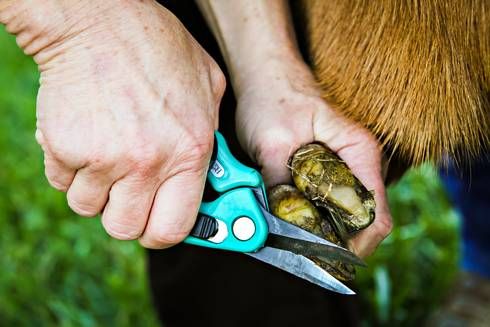
2. Internal Parasites
Internal parasites, such as gastrointestinal worms, are a significant concern for sheep health. Infected sheep may show signs of weight loss, poor wool quality, and lethargy. Overgrazing and poor pasture management can exacerbate parasite infestations.
3. Caseous Lymphadenitis (CL)
CL is a contagious bacterial infection that causes abscesses in lymph nodes and other tissues. While not immediately life-threatening, it can lead to significant economic losses due to reduced wool and meat production, as well as increased veterinary costs.
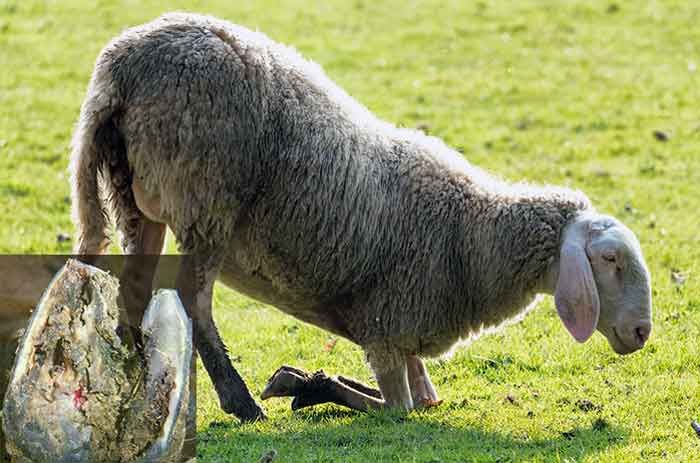
4. Bluetongue
Bluetongue is a viral disease transmitted by biting midges. Symptoms include swelling of the face, lameness, and respiratory distress. While it primarily affects sheep, other ruminants can also be susceptible.
5. Mastitis
Mastitis is an infection of the udder that can occur in lactating ewes. Symptoms include swelling, heat, and redness in the affected udder, as well as changes in milk quality. It can lead to decreased milk production and impact lamb health.
Prevention Strategies
1. Regular Veterinary Check-Ups
Schedule routine veterinary visits to monitor your flock’s health. Regular check-ups can help detect diseases early and allow for timely intervention. Vaccinations for diseases like bluetongue and other endemic conditions are essential in preventing outbreaks.
2. Proper Nutrition
A well-balanced diet plays a crucial role in maintaining the overall health of your sheep. Ensure your flock receives adequate energy, protein, vitamins, and minerals to support their immune system and overall well-being.
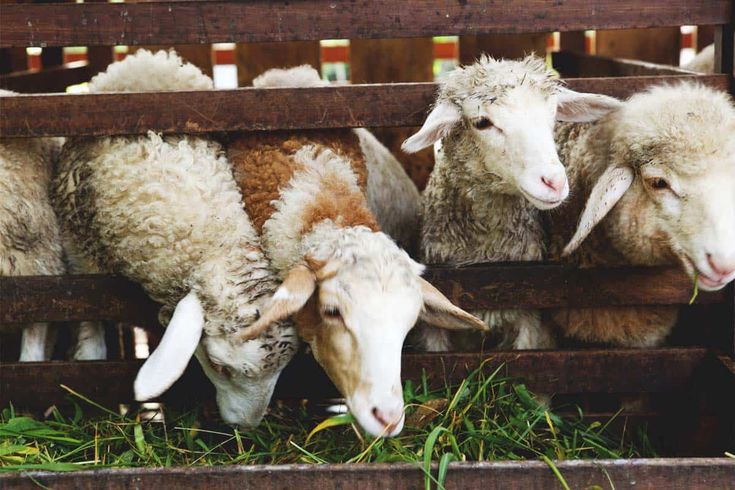
3. Good Hygiene Practices
Maintain cleanliness in sheep housing and feeding areas. Regularly clean and disinfect equipment, and provide dry bedding to prevent the spread of bacteria and parasites. Implementing a rotational grazing system can also reduce parasite loads in pastures.
4. Foot Care
Regular hoof trimming is essential for preventing foot rot and other hoof-related issues. Monitor your sheep’s feet frequently, especially in wet conditions, and take action at the first signs of infection.
5. Deworming Protocols
Establish a deworming schedule based on fecal egg counts to manage internal parasites effectively. Rotating dewormers can help reduce the risk of resistance development. Be sure to follow your veterinarian’s recommendations for specific products and timing.
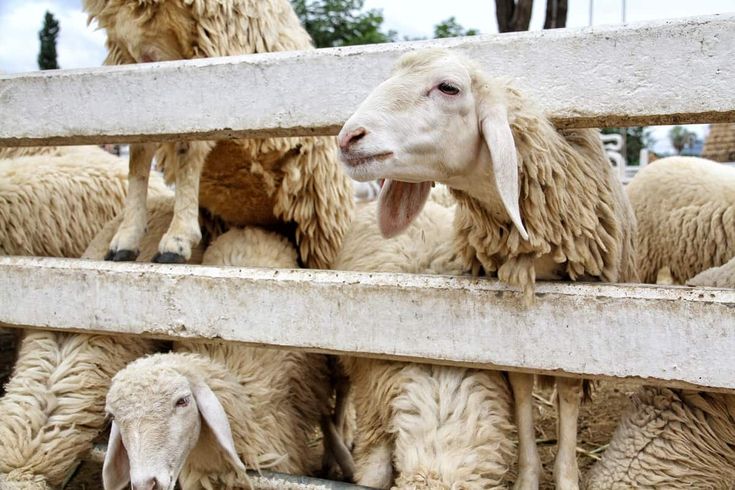
6. Isolation of Sick Animals
If any sheep exhibit signs of illness, isolate them immediately to prevent the spread of disease within the flock. Monitor their condition closely and seek veterinary advice as needed.
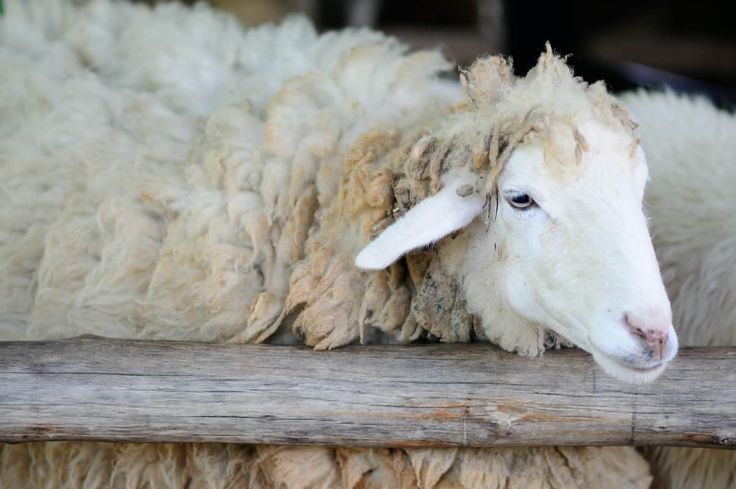
7. Record Keeping
Keep detailed records of each sheep’s health, vaccinations, and treatments. This information is invaluable for identifying trends, managing herd health, and making informed decisions regarding care and management.
Conclusion
Effective sheep health management is crucial for the success of your farming operation. By understanding common diseases and implementing proactive prevention strategies, you can minimize health issues within your flock. Regular veterinary check-ups, good nutrition, hygiene practices, and proper record-keeping will help ensure that your sheep remain healthy and productive. With careful attention to their well-being, you can promote a thriving sheep farming enterprise.

